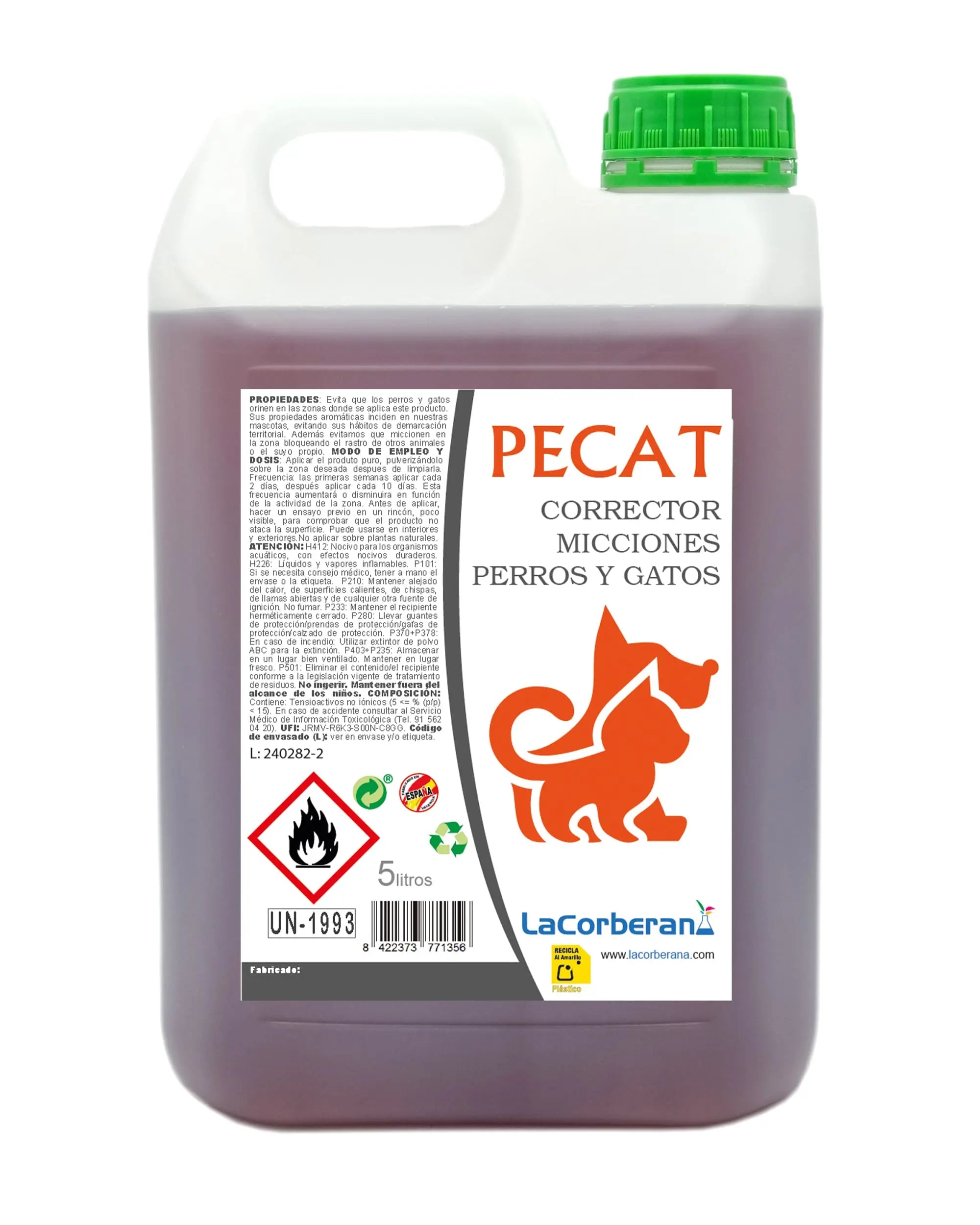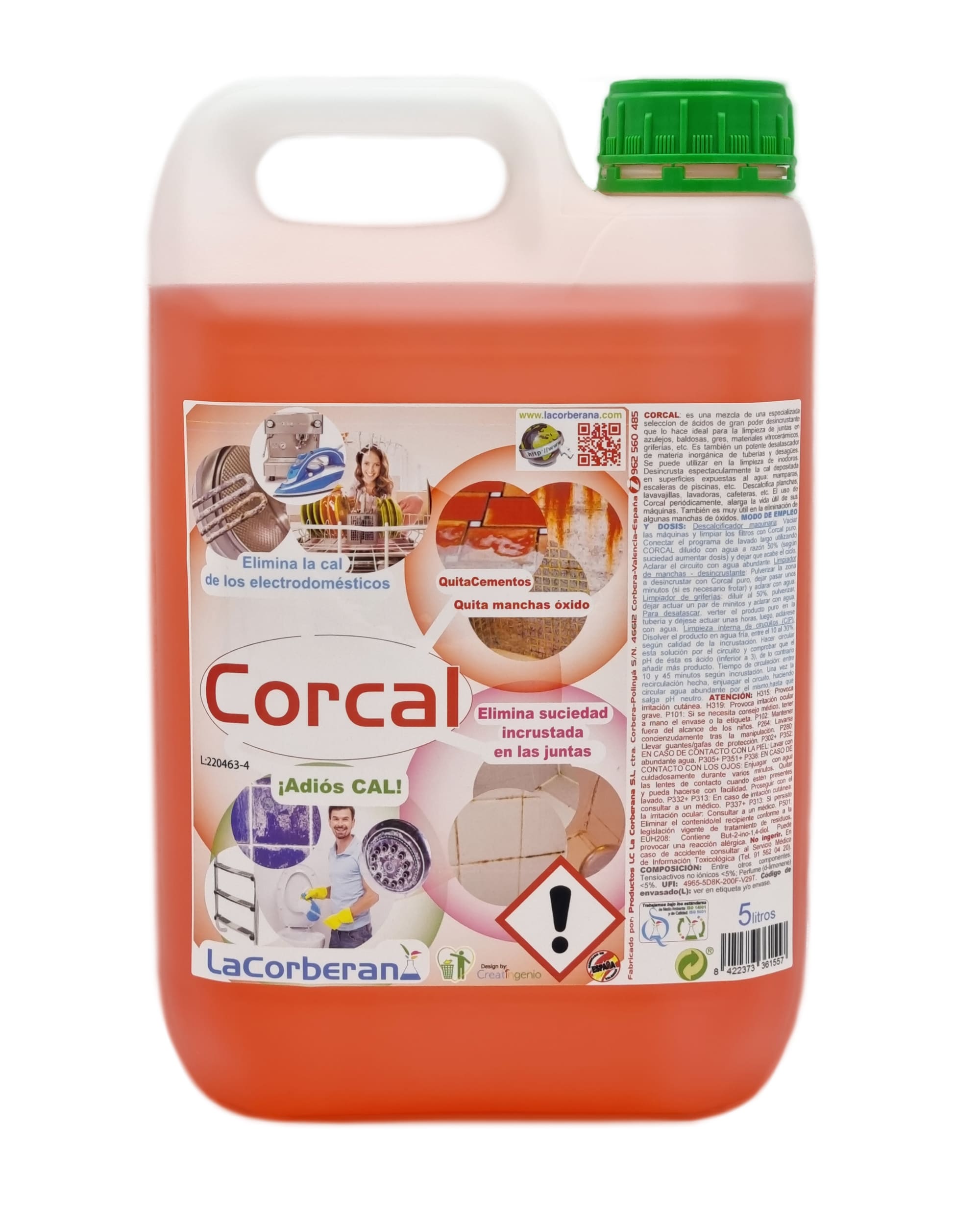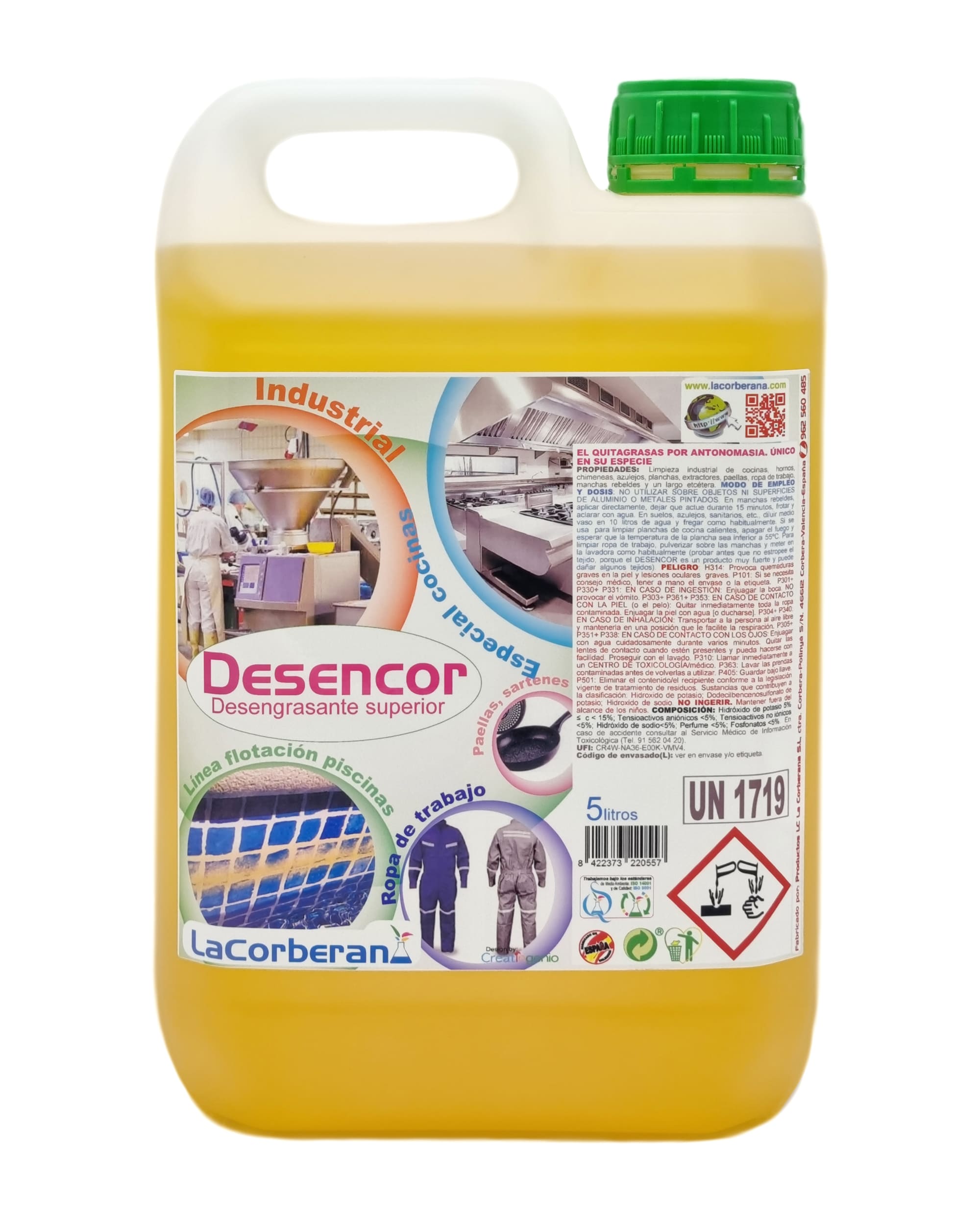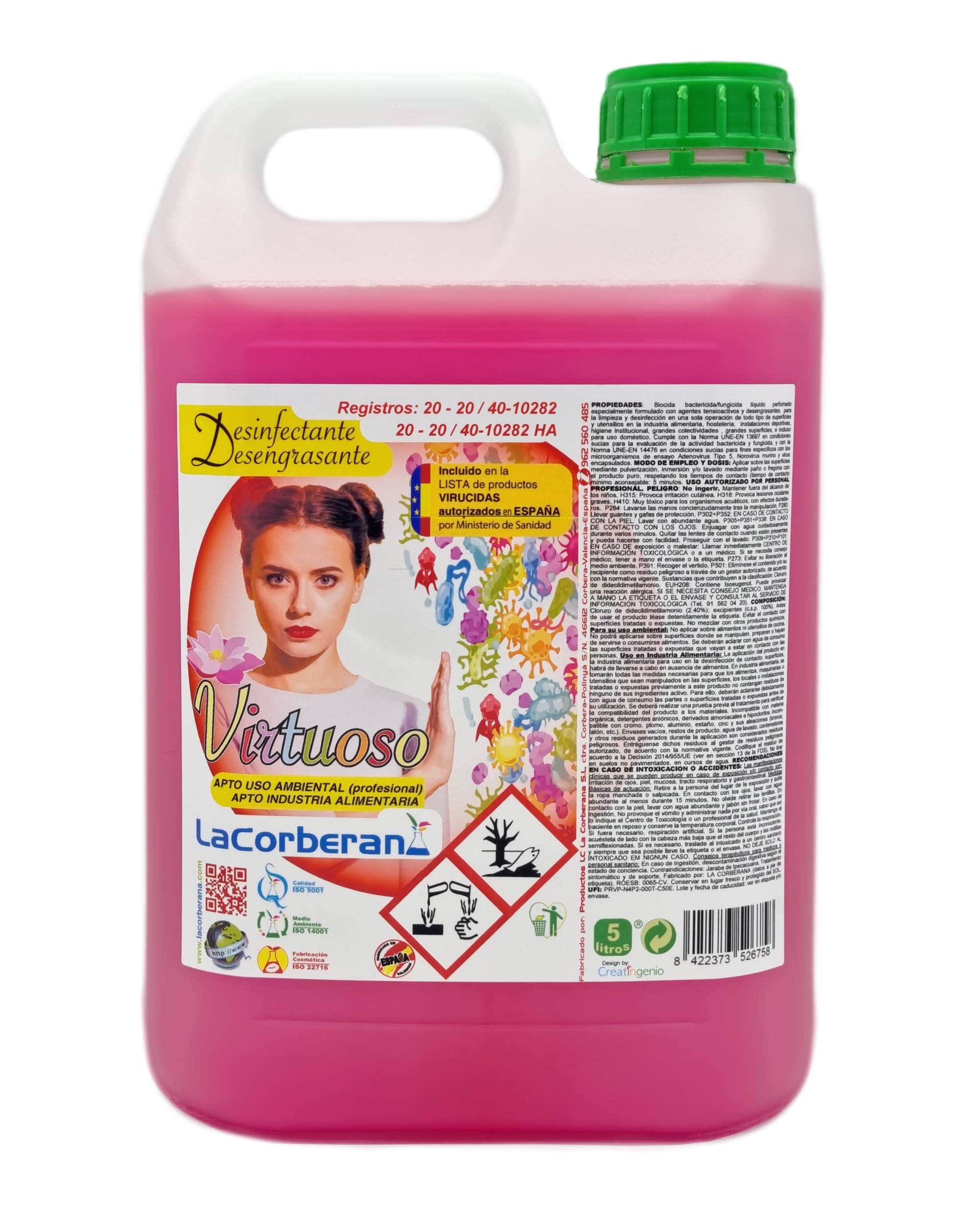Pool filters are essential for maintaining clean and healthy water. They help remove impurities, debris, and particles, improving water quality and extending the life of your pool. However, choosing the right filter and using it correctly is crucial to maximizing its performance and efficiency.
Types of Pool Filters
There are three main types of pool filters, each with specific features and applications. Here we explain their differences and advantages:
1. Sand Filters:
- Operation : These filters use special sand (usually silica) to trap particles in the water. The water passes through the sand, which filters out impurities.
- Advantages : They are durable, economical, and easy to maintain. Backwashing is simple and allows the filter to be cleaned without disassembling it.
- Maintenance : Backwashing should be done every 4-6 weeks, depending on pool usage. Additionally, the sand should be replaced every 3-5 years.
2. Cartridge Filters:
- Operation : These filters use a synthetic material cartridge that traps particles from the water. They are more compact than sand filters.
- Advantages : Their filtration capacity is greater, providing cleaner water. They are ideal for small to medium-sized pools.
- Maintenance : They require periodic cleaning of the cartridge (this can be done with a hose or a specialized cleaning product). They should be replaced every 2-3 years, depending on usage.
3. Diatomaceous Earth Filters:
- Operation : They use diatomaceous earth (a natural material made from algae fossils) as a filter medium. They offer high-quality filtration.
- Advantages : They are the most efficient, capable of filtering extremely small particles (down to 1 micron). They are ideal for maintaining crystal-clear water quality, especially in high-demand pools.
- Maintenance : This type of filter requires more frequent maintenance, such as cleaning the diatomaceous earth and replacing the filter media each season.
How to Choose the Right Filter
Selecting the right filter depends on several technical factors that will influence the efficiency and durability of your system. Below are the key aspects to consider:
1. Pool Size and Volume
The size of the pool is a determining factor. Filters are selected based on the volume of water to be filtered. Manufacturers usually indicate the filtration capacity in liters per minute (lpm). Make sure you choose a filter with a capacity appropriate for your pool's volume. A filter that's too small won't filter the water properly, while one that's too large will consume more energy.
2. Filtration Flow Rate (Pump and Filter)
The flow rate of the pump and filter must be balanced. A filter must be able to process the entire volume of pool water at least once a day (it's generally estimated that a pool should be filtered every 8 hours). If the flow rate is too low, the water won't be filtered properly. If it's too high, the filter may not be able to capture small particles.
3. Type of Water and Climatic Conditions
If you live in an area with a lot of dirt, leaves, or dust, a diatomaceous earth filter may be the best option. In cleaner areas or with smaller pools, sand or cartridge filters may be sufficient.
4. Operating Costs
Although diatomaceous earth filters are the most efficient, they are also the most expensive to install and maintain. Sand filters, although they require more long-term maintenance (e.g., sand replacement), are more economical to operate.

Tips for Effective Maintenance
Proper filter maintenance is crucial to ensure the system's efficiency and longevity. Here are some technical tips to optimize its performance:
1. Regular Cleaning
Each type of filter requires specific maintenance:
- Sand Filters : Backwash every 4-6 weeks, depending on pool usage. Also, be sure to check the filter pressure; if it's high, it's a sign it needs cleaning.
- Cartridge Filters : Clean the cartridge 2 to 4 times a year, depending on how often you use your pool. If you notice that the filtration isn't effective, the cartridge may be clogged and needs a deeper cleaning.
- Diatomaceous Earth Filters : Perform a backwash followed by a diatomaceous earth refill whenever the pressure increases significantly. It's also important to check the pressure gauge regularly to prevent excessive pressure from damaging the system.
2. Checking the Pressure
Pressure is a good indicator of your filter's condition. Most filters have a pressure gauge that shows the operating pressure. An increase in pressure generally means the filter is clogged and needs to be cleaned. In sand filters, when the pressure rises 7 to 10 psi above normal levels, it's time to backwash.
3. Component Replacement
Cartridges in cartridge filters must be replaced when they lose effectiveness, usually after 2-3 years. In sand filters, the sand must be changed every 3-5 years. Diatomaceous earth filters, on the other hand, require the filter media to be replaced every season.
4. Chemical Product Control
Maintaining the proper balance of chemicals in your water is essential. Unbalanced water can clog filters and affect water quality. Test your pH, chlorine, and alkalinity regularly and adjust levels as needed.
Products We Recommend to Keep Your Pool in Perfect Condition
- Bottom and Surface Cleaners : Ideal for removing residue and dirt accumulated on the bottom and walls of your pool.
- Automatic Chlorinators : To maintain the appropriate chlorine level without having to worry about manual dosing.
- Skimmer Net and Cloths : Essential tools for removing leaves and other floating debris from the surface.
- Anti-algae Treatments : Specialized products to prevent the growth of algae in your pool water.
- pH Control Products : To maintain proper pH balance in water, preventing skin and eye irritation.
- Filter Fibers and Accessories : Materials that optimize filtration capacity, helping to keep water crystal clear.
Choosing the right filter and maintaining it properly is essential for enjoying a clean and healthy pool. An efficient filtration system not only improves water quality but also helps reduce chemical and energy use.
Don't forget to complement your filtration system with professional pool cleaning products , like those we offer at La Corberana , to ensure the comprehensive care of your pool.




